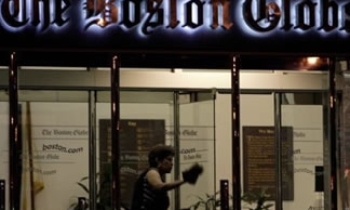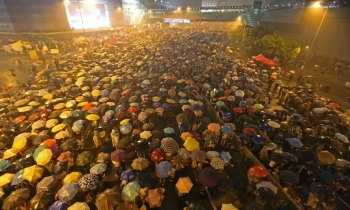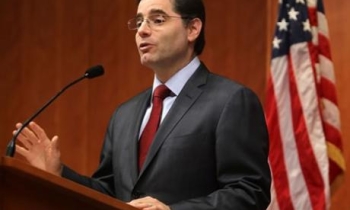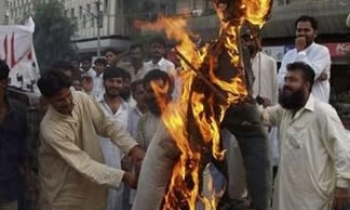THE Judith Miller case offers invaluable lessons for journalism students and media professionals everywhere. The New York Times reporter chose to serve a prison sentence rather than compromise on the fundamental principles of media freedom especially a journalist’s right to protect the confidentiality of its sources.
In doing so, the celebrated reporter of the Times upheld the highest principles of media freedom and saying the truth as it is. Little wonder then Judith Miller drew effusive praise for her courageous decision from the global fraternity of journalists and media organisations including this paper. Journalists everywhere identified with the icon of fearless journalism that Miller had become.
This is why it’s rather perplexing why Miller, having spent 85 days in jail for refusing to reveal her sources in the US establishment, has now chosen to testify before a grand jury. It is said that Miller’s source – believed to be Vice President Dick Cheney’s chief of staff Lewis Libby – telephoned her to testify. However, if it were that simple how come Libby didn’t pick up the phone and freed her of the pledge to protect her sources? Or why Miller herself, instead of going to jail, didn’t seek his nod?
Although it’s not clear as yet what Miller said before the grand jury on Friday, there is little doubt that the issue has deeply divided the media community. Top journalists including a former editor of The New York Times fear Miller may have finally compromised the principle she fought for.
The whole saga started ahead of the Iraq war. When Joseph Wilson, a retired ambassador and husband of Valerie Wilson, a diplomat, debunked the claims that Iraq had been acquiring material for nuclear weapons from Niger, some in the administration sought to discipline him by naming his wife as an undercover CIA operative. What the Times reporter did was to only report her conversation with Libby without naming him.
Whatever the outcome of this whole sordid business, it is clear that the media’s argument in defence of its right to protect the confidentiality of sources has been considerably weakened. Now any official or administration can settle scores with the media and journalists by dragging them to court for not revealing their sources. This sets dangerous precedents and makes the original job of media – reporting the truth as it is and holding mirror to society – all the more difficult.
In fact, this is a matter of serious concern for media everywhere. As America happens to be the leader of the free world, any trends and practices in US media, are bound to have their impact on the rest of the world too. Judith Miller’s spirited fight for media freedom shouldn’t end up in a conformist whimper.









